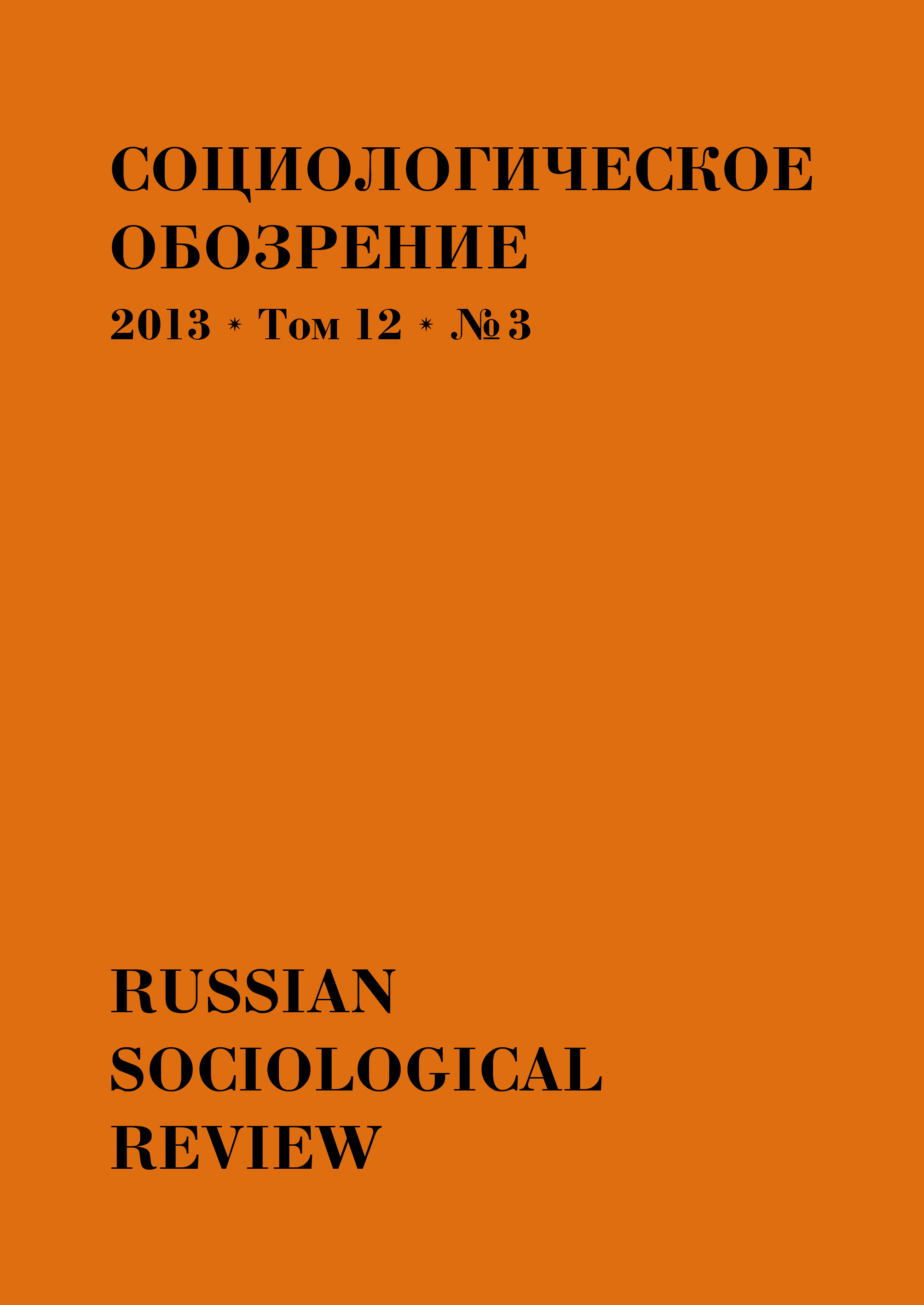About Commonwealths, Kings and Laws: Franscisco de Vitoria and His Lecture “On the Civil Power”
Abstract
This is an introductory article to the translation of Fr. Vitoria’s lecture “On Civil Power”, consisting of some biographical notes about Vitoria, as well as several of his lectures and considerations of his political theory. Although Vitoria did not give any clear definition of civil power in the text of this Relectio, he marked its three principal causes (finalis, efficiens, materialis), according to Aristotelian methodology. The appearance of power is a result of the nature of human society and, consequently, by the nature of the human himself. Following the philosophy of St. Thomas Aquinas and Aristotle, Vitoria declared the social and political nature of a human being that calls him to live in society. In turn, in order to develop into the perfect community, such a society needs some vis directiva, i.e., the power. Only this power can stimulate the birth of a Commonwealth, although not belonging to the Commonwealth. The Commonwealth, in turn, can create the King but can not give him the power (because power belongs only to God and can not be divided) but transfers authority (authoritas) to the king. Therefore, the King stands over all of his citizens and the entire Commonwealth while being responsible for his actions only before God.




